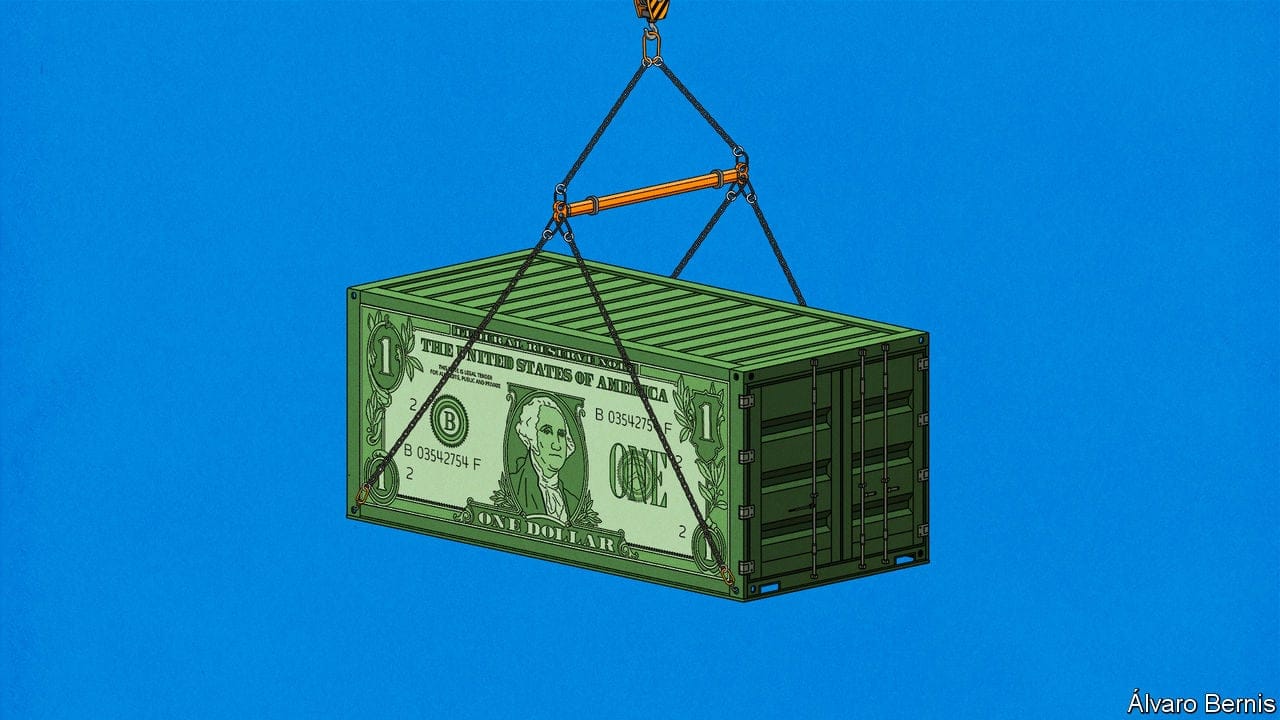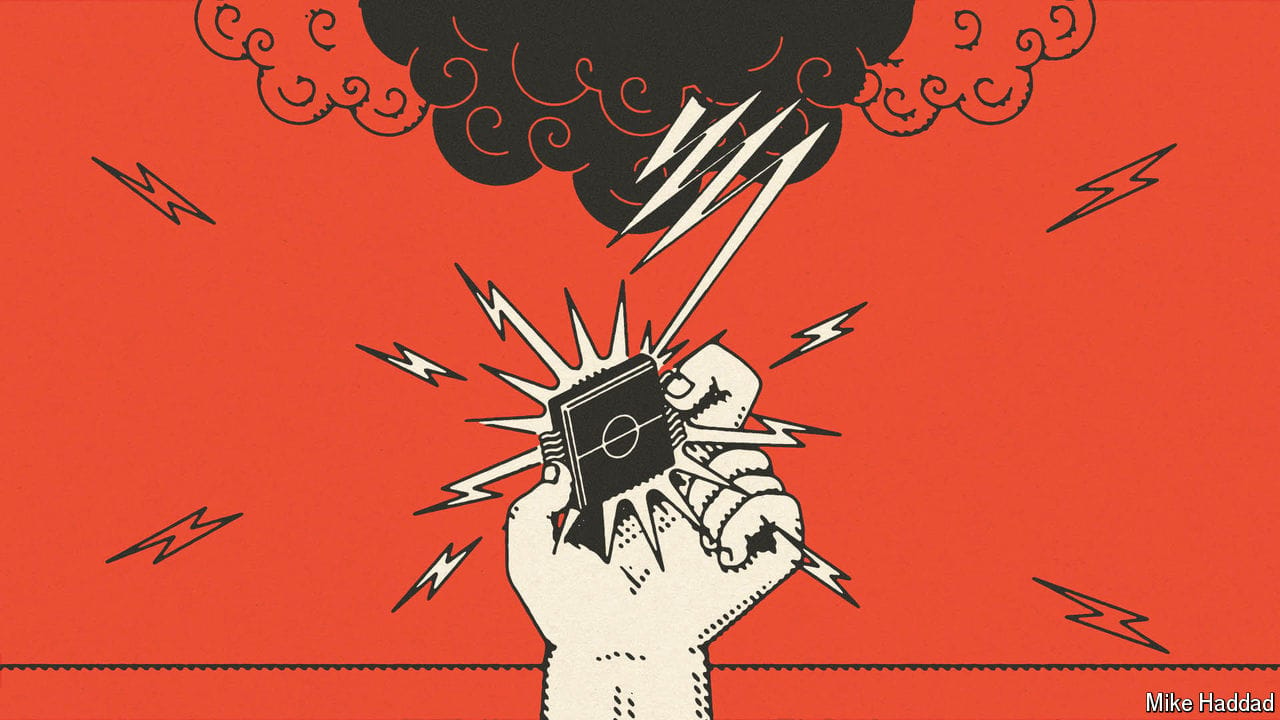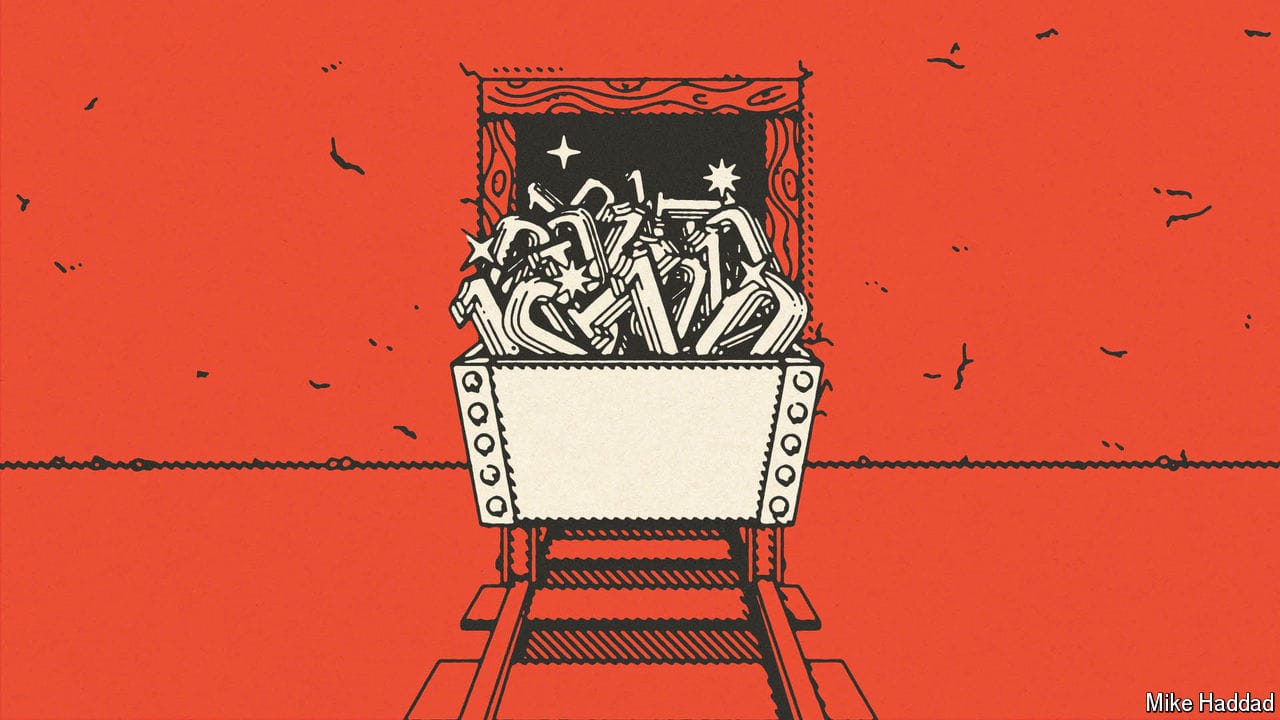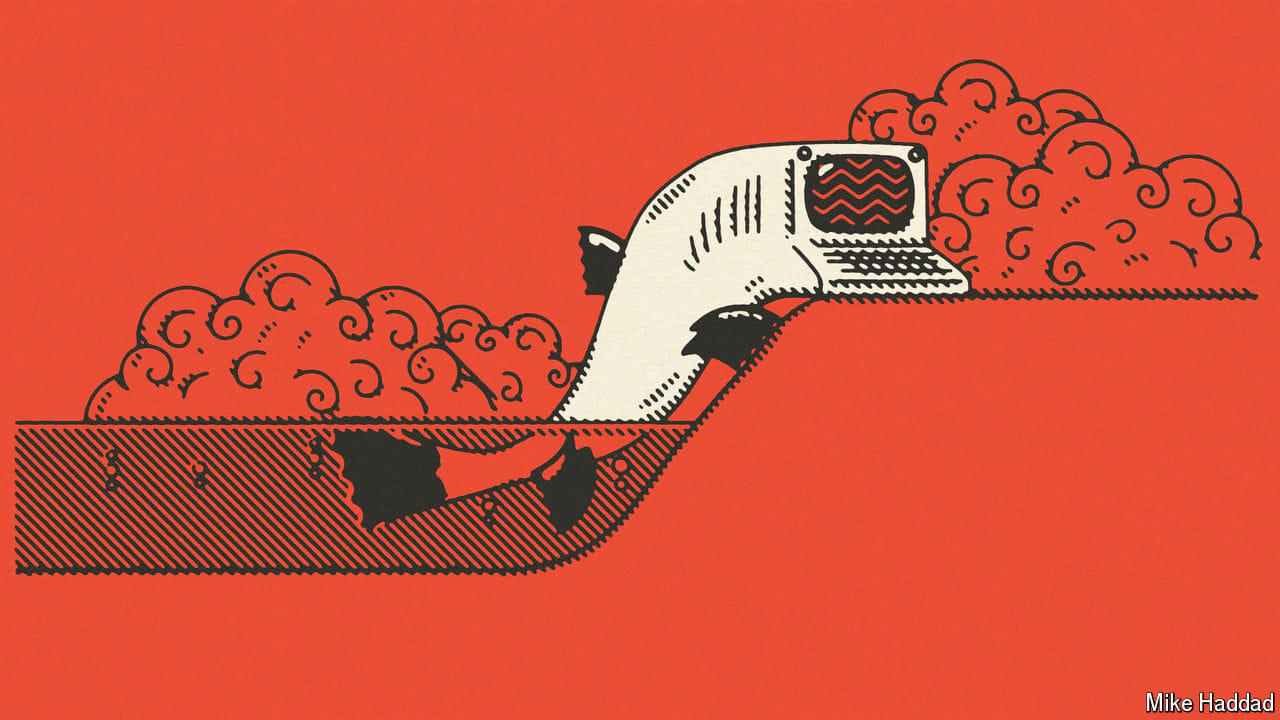Global trade’s dependence on dollars lessens its benefits
Policymakers around the world yearn to be free of the greenback’s grip

CRASHING CURRENCIES hurt. They make imports more expensive, cutting into household budgets and raising businesses’ costs. But economics has long held that this pain brings with it its own salve. More expensive imports should drive new demand for home-made replacements and thus for the workers who make them, geeing up the economy. What is more, a devalued currency means exports are suddenly cheaper to buyers abroad. That, too, should boost demand. When the value of the Colombian peso collapsed in the summer of 2014, it was on the basis of these assumptions that the country’s finance minister greeted the fall as “a blessing in disguise”.
This article appeared in the Schools brief section of the print edition under the headline “Buck up”
More from Schools brief

The race is on to control the global supply chain for AI chips
The focus is no longer just on faster chips, but on more chips clustered together

AI firms will soon exhaust most of the internet’s data
Can they create more?

A short history of AI
In the first of six weekly briefs, we ask how AI overcame decades of underdelivering
Finding living planets
Life evolves on planets. And planets with life evolve
On the origin of “species”
The term, though widely used, is hard to define
Making your way in the world
An individual’s life story is a dance to the music of time
